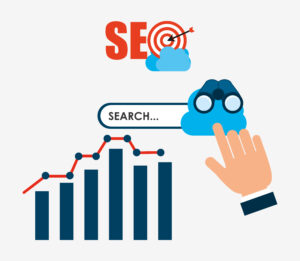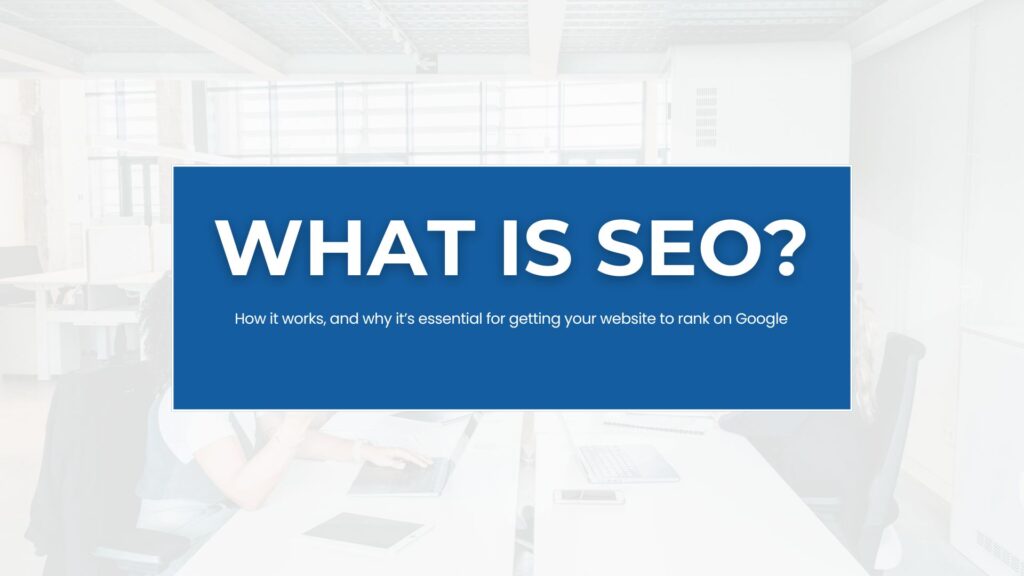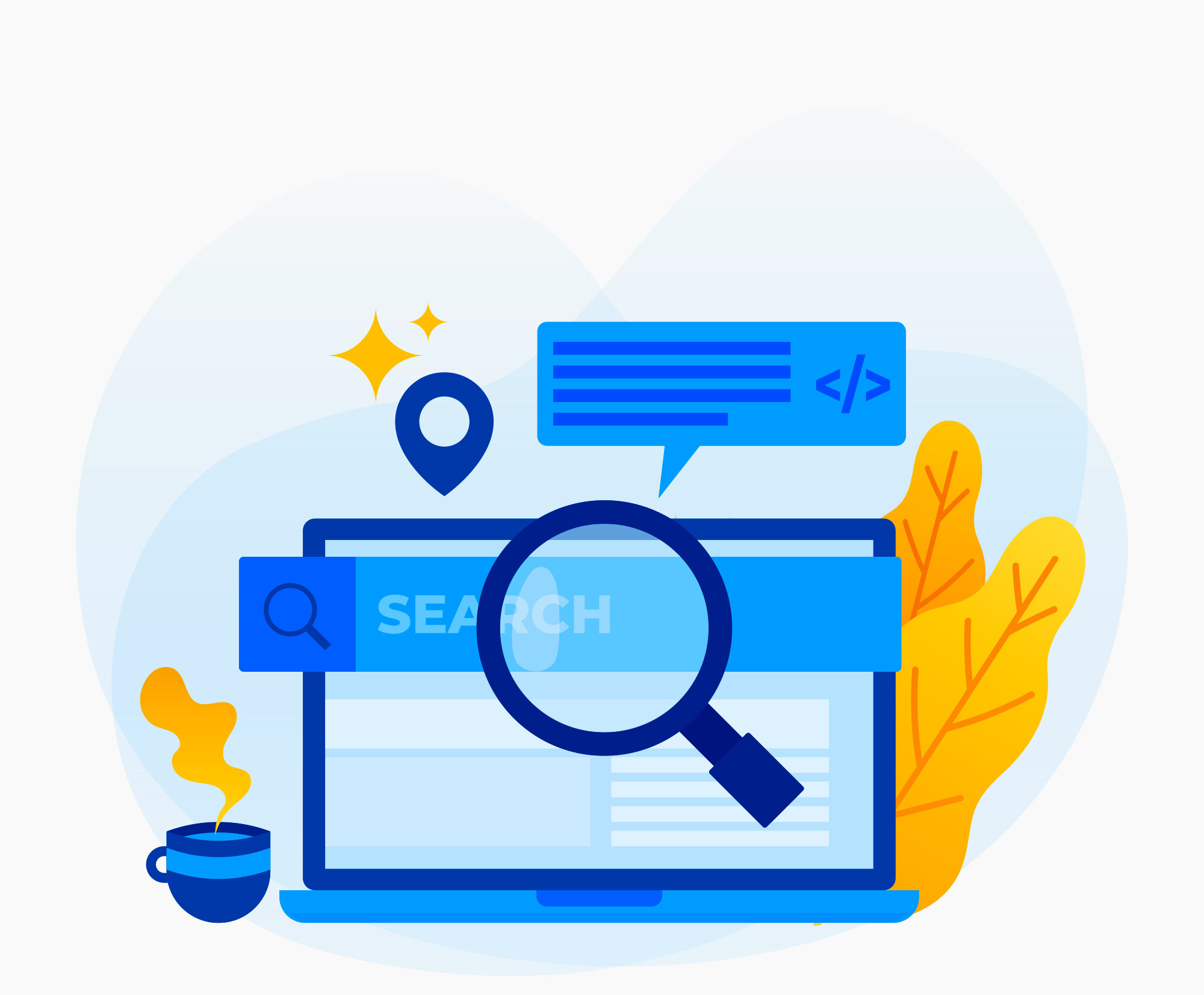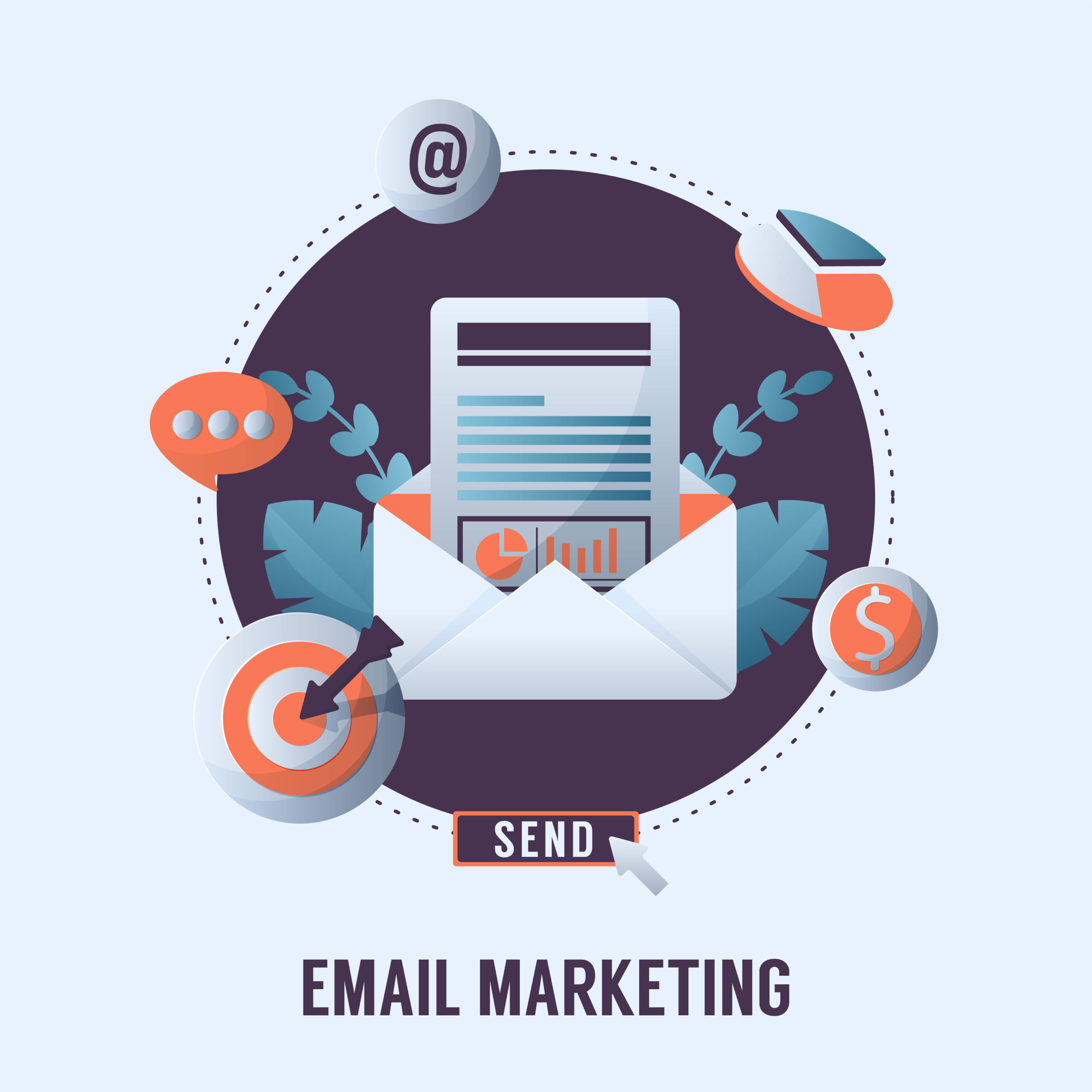
What Is SEO and How It Works – Beginner’s Guide to Search Engine Optimization
In today’s digital world, being online isn’t enough. You need to be found online. That’s where SEO — Search Engine Optimization — comes in. Whether you’re a business owner, blogger, or curious learner, understanding SEO is key to boosting visibility and attracting the right audience. In this beginner-friendly guide, we’ll break down what SEO is, how it works, and why it’s critical for your online success.
 What Is SEO?
What Is SEO?
SEO stands for Search Engine Optimization — the process of improving your website to increase its visibility in search engines like Google, Bing, and Yahoo. The better your pages rank in search results, the more likely people are to find your website when they search for keywords related to your business or content.
Imagine you have a bakery in New York. When someone types “best chocolate cake in NYC” on Google, SEO helps your website appear near the top of the results — ideally on page one.
 Why Is SEO Important?
Why Is SEO Important?
Here’s a simple fact: 75% of users never scroll past the first page of search results. That means if your website isn’t ranking high, you’re likely missing out on potential visitors, leads, and sales.
SEO helps by:
- Driving organic (free) traffic to your website
- Building trust and credibility
- Increasing brand awareness
- Improving user experience (UX)
- Delivering long-term ROI
Unlike paid ads, SEO doesn’t give you instant results, but over time it can become your most cost-effective marketing channel.
 How Do Search Engines Work?
How Do Search Engines Work?
Before diving into how SEO works, it’s helpful to understand how search engines like Google operate. There are three main steps:
- Crawling: Google sends out bots (also called spiders) that “crawl” the web and collect data from websites.
- Indexing: The data is stored and organized in Google’s massive index (a huge digital library).
- Ranking: When someone searches for something, Google finds the most relevant content in its index and ranks it based on hundreds of factors.
SEO helps you optimize your website so that Google can:
- Find it easily
- Understand what it’s about
- Trust it enough to rank it higher than others
 How Does SEO Work?
How Does SEO Work?
SEO can be broken down into three main categories:
1. On-Page SEO
This is everything you control on your website. Key areas include:
- Keyword optimization: Using relevant search terms (like “best running shoes”) naturally in your content
- Title tags & meta descriptions: These tell Google what each page is about
- Headings (H1, H2, H3): Organize your content clearly
- Internal linking: Linking to other pages on your site
- Image optimization: Using proper alt text and image sizes
On-page SEO helps Google understand your content and decide if it’s relevant to a user’s search.
2. Off-Page SEO
This is everything that happens outside of your website to build authority and trust. The most important part?
- Backlinks: When other reputable websites link to your content
Google sees backlinks as “votes of confidence.” The more quality links you have, the more trustworthy your site appears.
Other off-page tactics include:
- Social media sharing
- Guest posting
- Influencer outreach
- Online reviews and brand mentions
3. Technical SEO
Technical SEO ensures that your website is easy for search engines to crawl and index. It includes:
- Site speed: Fast-loading sites rank better
- Mobile-friendliness: Over 60% of searches come from mobile devices
- Secure connection (HTTPS): A basic trust factor
- XML sitemaps and robots.txt files
Technical SEO is the behind-the-scenes foundation that supports everything else.
 How Long Does SEO Take?
How Long Does SEO Take?
SEO is not an overnight fix. It usually takes 3–6 months to see noticeable results, depending on your industry, competition, and strategy. But once your site starts ranking, the traffic and visibility can grow exponentially — without ongoing ad spend.
 SEO vs Paid Ads: Which Is Better?
SEO vs Paid Ads: Which Is Better?
Paid ads (Google Ads, Facebook Ads) offer quick results — but they stop the moment you stop paying. SEO takes time but can deliver traffic long-term without constant investment.
For best results, many businesses use both: SEO for long-term growth and paid ads for short-term boosts.
 Final Thoughts: Start Simple, Stay Consistent
Final Thoughts: Start Simple, Stay Consistent
SEO might seem complex at first, but you don’t need to be an expert to start. Focus on:
- Creating high-quality, helpful content
- Using the right keywords
- Making sure your website is fast and mobile-friendly
With consistency and patience, SEO can become your strongest digital marketing asset.
 Ready to Start Optimizing?
Ready to Start Optimizing?
Whether you’re building a new site or improving an existing one, SEO is the key to getting found online. The sooner you start, the sooner you’ll see results.
Need help with your SEO strategy? Drop your questions in the comments or reach out for a free audit!








Leave a Reply